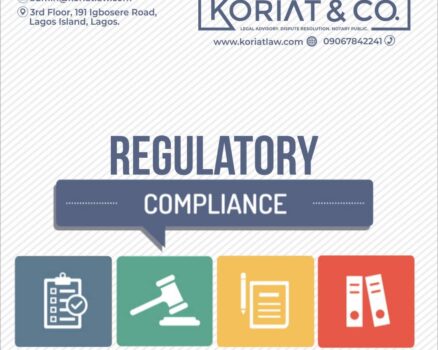i. Probation is a period of assessment of (1) an employee by the employer on suitability and competence and (2) of work environment by the employee to determine whether he/she should stay or resign.
ii. All rights and obligations agreed to by the parties to an employment contract are enforceable notwithstanding that the employment is on probation.
iii. The employer has discretion to fix the length of probation and may extend it but it is advisable to do so in accordance with the employment contract and no employer should extend probation if the employment contract does not provide for extension.
iv. Any justification for an extension of probation must be based on a record of poor performance arising from a transparent appraisal system and, thereafter, a notice of extension of probation should be issued (as well as a improvement program or training opportunity) to the employee.
v. Confirmation of employment may either be express, if the employer issues a letter of confirmation to the employee, or deemed (i.e. implied) if, in the absence of any written confirmation or extension of probation, the court finds that the parties have carried on in the employment relationship as though the employment had been confirmed or where it would amount to an unfair labour practice to deny that the employment has been impliedly confirmed.
vi. Nigerian law no longer permits an employer to place an employee on probation for unreasonable length of time without confirmation. Legal advice should be sought on what amounts to reasonable or unreasonable probation and how to avoid unexpected consequences when terminating a probationary contract.
vii. Performance appraisal is essential for promotion, compensation, development programmes and selection validation.
viii. There should be clear and disclosed standards and measures for a performance appraisal system.
ix. Appraisal conditions should entail performance monitoring and periodic feedbacks to an employee on his or her strengths and weaknesses long before the appraisal date.
x. Employees should have his or her record of performance ahead of the date for performance appraisal and should have foreknowledge of the expectations of the employer or appraising authority.
xi. The concept of “satisfactory performance appraisal” is nearly impracticable but the process and procedures of a performance appraisal system should be periodic, transparent, scientific, and participatory for both the appraising authority and the appraised employees and, very importantly, the outcomes of the appraisal process should be documented and communicated to the employee.
xii. Promotion or demotion must be clear and expressed. Re-designation of an employee or re-description of work schedules including increase or decrease in salaries does not necessarily connote promotion or demotion of the affected employee unless promotion or demotion is expressly intended.
xiii. Performance appraisal system and procedures can be challenged at the National Industrial Court and may give rise to a liability of the employer if any part of it is found to be non-compliant with either best practice or any international labour standard.




